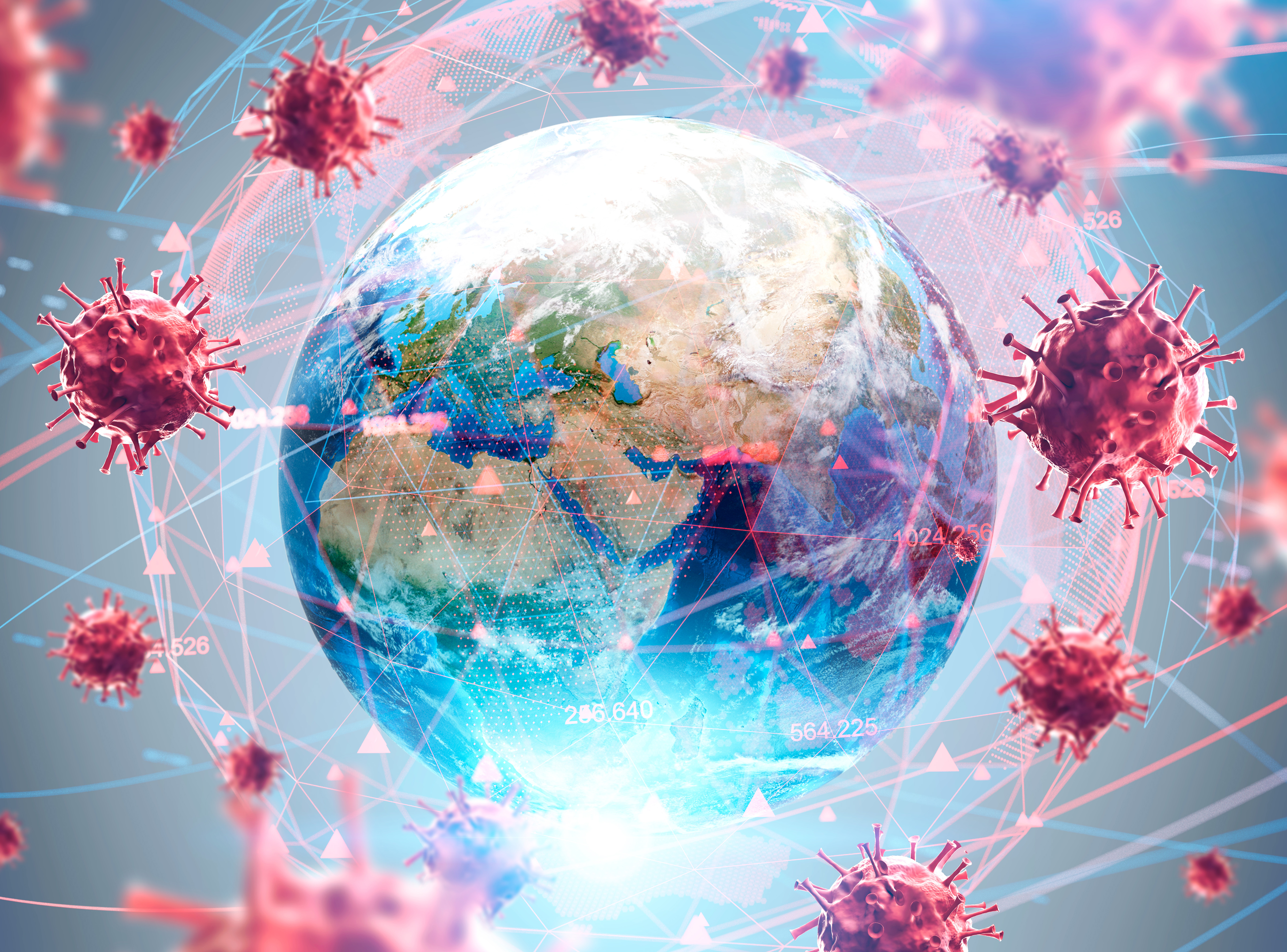 The International Science Council has warned that without renewed global cooperation COVID is likely to worsen inequalities for at least five years, calling for the UN to establish a new Science Advisory Board to help guide any future pandemic response.
The International Science Council has warned that without renewed global cooperation COVID is likely to worsen inequalities for at least five years, calling for the UN to establish a new Science Advisory Board to help guide any future pandemic response.
The council’s latest report, Unprecedented and Unfinished – COVID-19 and Implications for National and Global Policy, released May 16, maps out three potential scenarios through the year 2027 based on the evolution of the virus and the global uptake and coverage of effective vaccines.
In the most likely scenario, COVID will have worsened inequalities in health, economics, development, science and technology, and society.
COVID will have become an endemic disease worldwide and as low-income states risk the collapse of their health systems and growing food insecurity, the global mental health crisis will continue to worsen.
In a more pessimistic scenario, the world faces even higher levels of harm to social wellbeing, with long-term school closures, unemployment, and increased gender-based violence.
Growing nationalism and polarization will inhibit cooperation on global vaccinations and trade, giving rise to conflict, and despite climate change’s intensification, many countries will reverse environmental reforms in attempts to overcome COVID’s economic impact.
President of the ISC, Sir Peter Gluckman, said that the report underlines the need to examine these impacts as interconnected and cumulative – where one policy dimension falls off track, another can follow.
“We must not take a narrow view of the pandemic or minimize its impacts beyond public health, otherwise inequities will grow, and the broader consequences will be felt in every society in every country,” he explained.
Lost education, one of the spheres worst hit by the pandemic, could have wider impacts until the end of the century, resulting in as much as $17 trillion wiped from the economy thanks to reduced earnings over the lifetime of an entire generation of students.
“The report aims to assist all governments in exploring appropriate responses in the broad interests of all their citizens and societies,” Sir Gluckman stated.
“To avoid the worst-case scenarios and ensure a resilient and more equitable future, we must find ways that embolden effective international collaboration in addressing global threats.”
National and global policy considerations should address widening global inequalities not only in vaccine distribution but also related to inclusive governance, economic recovery, and the digital and educational divide.
For example, health systems in low-income countries risk collapse through ongoing pressure and under-investment, but could be supported by access to stimulus packages, global capital markets and debt write-offs that enable economic recovery.
An integrated One Health approach could protect the environment, people, and animals from the threat of disease spill overs, and improved biosecurity standards for livestock could help reduce the risk of future epidemics and pandemics.
Special Representative of the United Nations Secretary-General for Disaster Risk Reduction, Mami Mizutori, said that even in the face of cascading environmental risks and geopolitical tensions, policymakers must renew efforts to build a multilateral system that prepares us for the next crisis.
“Whether it be another pandemic, climate change, or conflict, we have the chance to learn from the last two years,” Ms Mizutori said. “If not, the Sustainable Development Goals will slip out of reach.”

